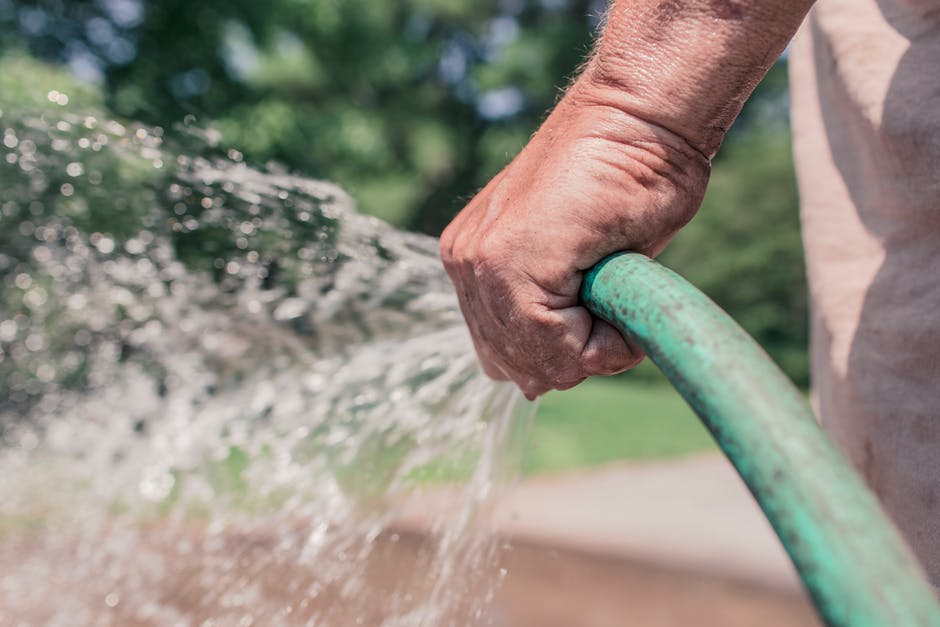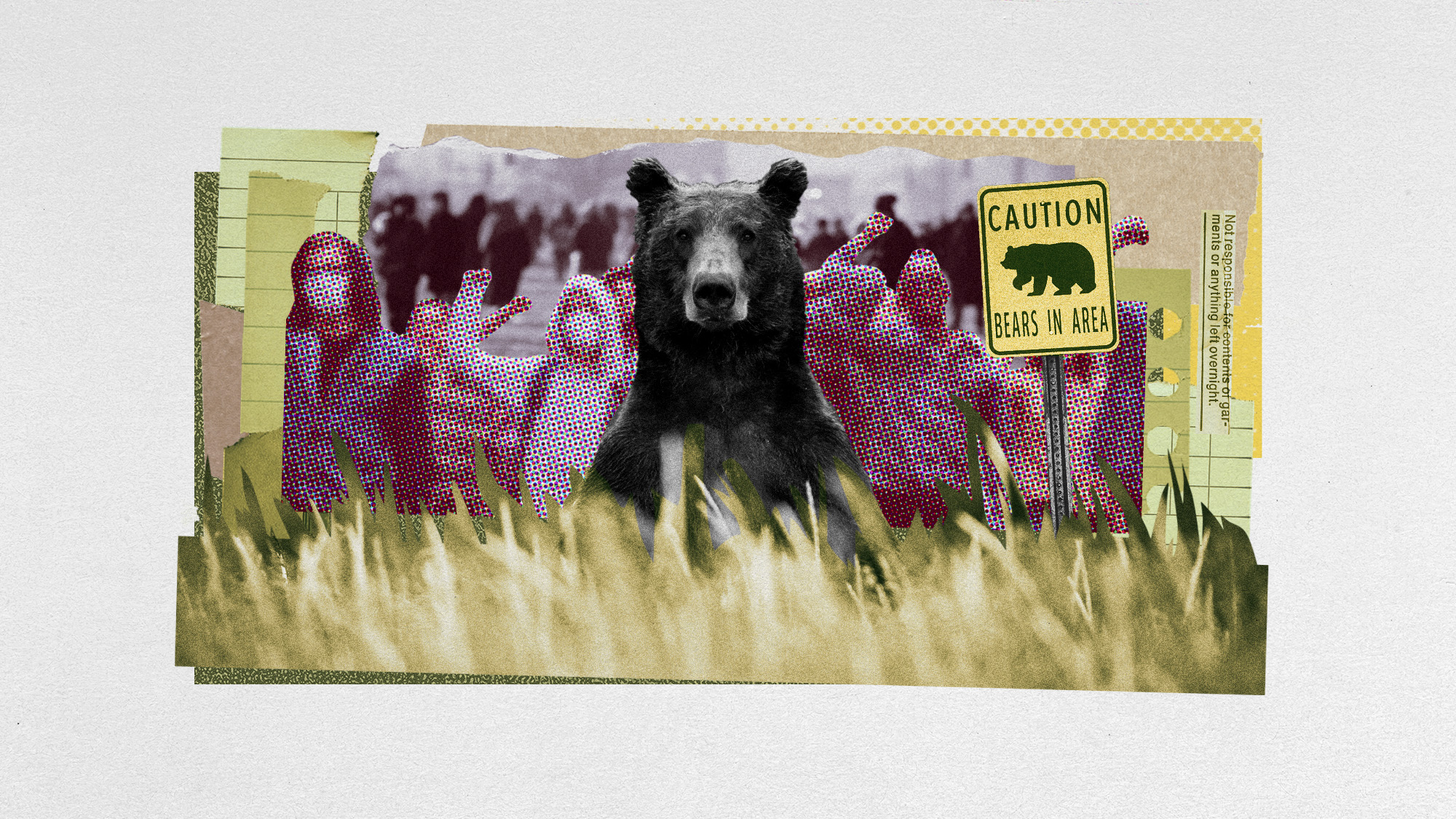Hosepipe ban: the rules and what happens if you break them
Millions of people will be affected by move to conserve water during UK heatwave

A free daily email with the biggest news stories of the day – and the best features from TheWeek.com
You are now subscribed
Your newsletter sign-up was successful
At least seven million people in England are facing a hosepipe ban in order to “safeguard essential supplies” of water as the UK heatwave continues.
United Utilities (UU) has announced that the temporary ban will affect most of the Northwest and will come into force on Sunday 5 August. Carlisle and north Eden Valley will be exempt, as they receive water from local water sources and have not been as badly affected by the lack of rainfall, according to the water company.
Other water companies across England said they had sufficient supplies and had no plans to impose a ban, reports the BBC. Nevertheless, UU insists action is necessary, with no end in sight to what is believed to be the longest heatwave since 1976.
The Week
Escape your echo chamber. Get the facts behind the news, plus analysis from multiple perspectives.

Sign up for The Week's Free Newsletters
From our morning news briefing to a weekly Good News Newsletter, get the best of The Week delivered directly to your inbox.
From our morning news briefing to a weekly Good News Newsletter, get the best of The Week delivered directly to your inbox.
The company’s water services director, Martin Padley, said: “Despite some recent rainfall, reservoir levels are still lower than we would expect at this time of year, and with forecasters predicting a return to hot dry weather for the rest of July we will need to impose some temporary restrictions on customers.”
So what are the rules of a hosepipe ban?
According to the UU website, affected household may not use a hosepipe for recreational purposes nor for watering a garden or plants, washing a car, cleaning a boat, filling a swimming pool, domestic pond or fountain, or cleaning walls or windows. It is also not permitted when cleaning footpaths or any other sort of outdoor surface.
However, you can still use water outdoors if you fill a bucket or watering can with tap water in order to water plants, maintain a garden, and so on.
A free daily email with the biggest news stories of the day – and the best features from TheWeek.com
The company is also urging consumers to conserve water by taking short showers rather than baths, and through simple acts such as turning off the tap while brushing teeth.
What happens if you break a hosepipe ban?
Breaking the ban can result in prosecution through criminal courts and a fine of up to £1,000, according to North Wales regional newspaper the Daily Post.
-
 The Week Unwrapped: Do the Freemasons have too much sway in the police force?
The Week Unwrapped: Do the Freemasons have too much sway in the police force?Podcast Plus, what does the growing popularity of prediction markets mean for the future? And why are UK film and TV workers struggling?
-
 Properties of the week: pretty thatched cottages
Properties of the week: pretty thatched cottagesThe Week Recommends Featuring homes in West Sussex, Dorset and Suffolk
-
 The week’s best photos
The week’s best photosIn Pictures An explosive meal, a carnival of joy, and more
-
 Why the Middle East is obsessed with falcons
Why the Middle East is obsessed with falconsUnder the Radar Popularity of the birds of prey has been ‘soaring’ despite doubts over the legality of sourcing and concerns for animal welfare
-
 Does Nepal have too many tigers?
Does Nepal have too many tigers?Under the Radar Wild tiger numbers have tripled in a decade but conservation success comes with rise in human fatalities
-
 The controversy over rewilding in the UK
The controversy over rewilding in the UKThe Explainer 'Irresponsible and illegal' release of four lynxes into Scottish Highlands 'entirely counterproductive' say conservationists
-
 The fight for fungi
The fight for fungiUnder the Radar The UK and Chile leading push for fungi to be placed on the same level as flora and fauna in global conservation efforts
-
 Grizzly bears will be reintroduced to Washington state after years of debate
Grizzly bears will be reintroduced to Washington state after years of debateUnder the radar Grr, the bears are back!
-
 Inside the multimillion-dollar plan to bring back extinct Tasmanian tiger
Inside the multimillion-dollar plan to bring back extinct Tasmanian tigerIn Depth Some critics say bid to achieve first ‘de-extinction event’ is just ‘fairytale science’